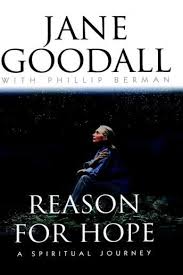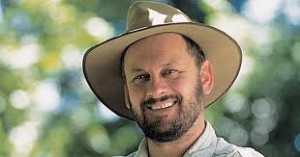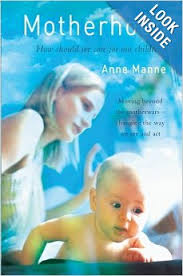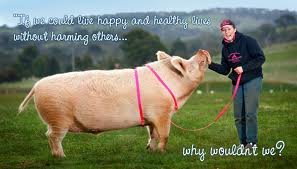There are humans who can change things for the better.
Archives
One from the bees
Animals make friends just like people
Why is this so hard to understand?
Is cruelty part of our relationship with animals? Any animals?
I’m a big fan of Tim Flannery.
He’s incredibly clever, learned and wise. He speaks, and writes, a lot of sense.
BUT
not this:
‘The fact is that animal rights issues, such as opposition to the culling of feral species, can sometimes get in the way of environmental stewardship, and concerns about animal suffering need to be treated separately.’ page 48 Tim Flannery, After the future: Australia’s new extinction crisis, Quarterly Essay Issue 48 2012
Suffering by any species of animal is part of the equation. If human attitudes towards nature allows any part of nature to suffer, then that attitude is questionable. Until we fix human attitudes to each individual creature, then, I got to tell you, Tim, environmental stewardship will go hang.
http://youtu.be/IFtJeKojFfI
Children are like animals
Anne Manne, in Motherhood, How should we care for our children? points out that children are small, weak and powerless. Just like animals. What is justice as it applies to any living thing that is smaller and weaker than ourselves?
…it is worth reflecting on [the Victorian] era’s pervasive attitudes to life. Children were thought of as resilient, shallow creatures only a little above animals in the great chain of being, incapable of deep feeling, which meant they could settle happily with anyone as long as they were kind. Such myths served the interests of an adult centred world. (Pg 132 Motherhood)
She describes the ‘good old days’ when kids were farmed out to wet nurses, raised by nannies and sent off to boarding school. She reminds us that authors like Roald Dahl, or Charles Dickens or George Orwell have no trouble slipping inside the skin of a child because their own childhood experiences were so horrific.
Society’s attitude to children has changed.
I felt this echo today as I watched Edgar’s Mission‘s latest video requesting help as they move premises. How can our attitude to animals change?
There’s exciting news that the ACT will ban factory farming: battery hens, debeaking and sow stalls. Woolworths will phase out eggs from battery hens. Animals Australia helped rescue 150 dogs from a puppy factory.
Perhaps we don’t just see animals as products any more?
Jane Goodall
 I have very much enjoyed reading this quiet, thoughtful and intimate book. Jane Goodall is such a singular individual. She does such extraordinary things yet seems to take everything in her stride. Strolling through a forest in Africa is apparently easier than visiting a city.
I have very much enjoyed reading this quiet, thoughtful and intimate book. Jane Goodall is such a singular individual. She does such extraordinary things yet seems to take everything in her stride. Strolling through a forest in Africa is apparently easier than visiting a city.
Jane Goodall was asked to deliver a sermon one Saint Francis’s Day in San Francisco. She took as her text Genesis Chapter 1, verse 26: ‘And God said, let us make man in our image, after our likeness: and let them have dominion over the fish of the sea, and over the fowl of the air, and over the cattle, and over all the earth, and over every creeping thing that creepeth upon the earth.’ She goes on to explain that:
… many Hebrew scholars believe the word ‘dominion’ is a very poor translation of the original Hebrew word v’yirdu, which actually meant to rule over, as a wise king rules over his subjects, with care and respect. It implied a sense of responsibility and enlightened stewardship.
This brings us to the idea of fiduciary duty. One of the most exciting developments in the environmental movement is championed by a lawyer in Oregon called Mary Wood. She has written extensively about the duty that a government, and future governments, has to look after the people of the land. This includes future generations, the air those people breathe and the water they drink. Clearly it must include the entire habitat and ecology around the people. I went to a fascinating seminar about this at Monash Law, introduced by Ken Coghill. I have to say I didn’t understand very much – I only did half a law degree – but I was greatly heartened by these incredibly intelligent students, lawyers and judges striving to find a way to hold successive governments accountable for the environment. Isn’t that a better way of looking at the word ‘dominion’?



